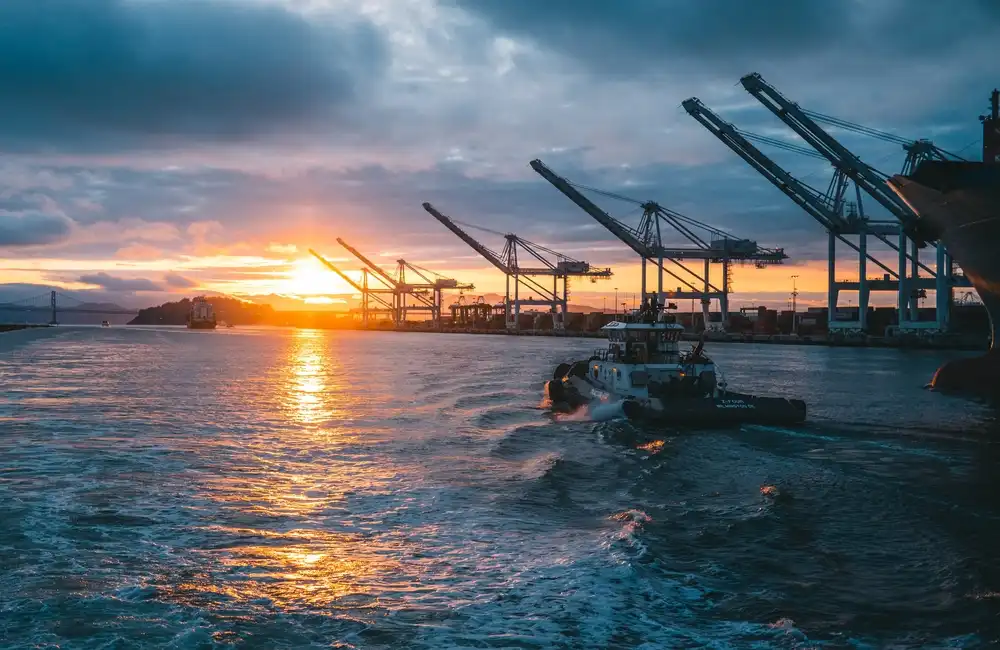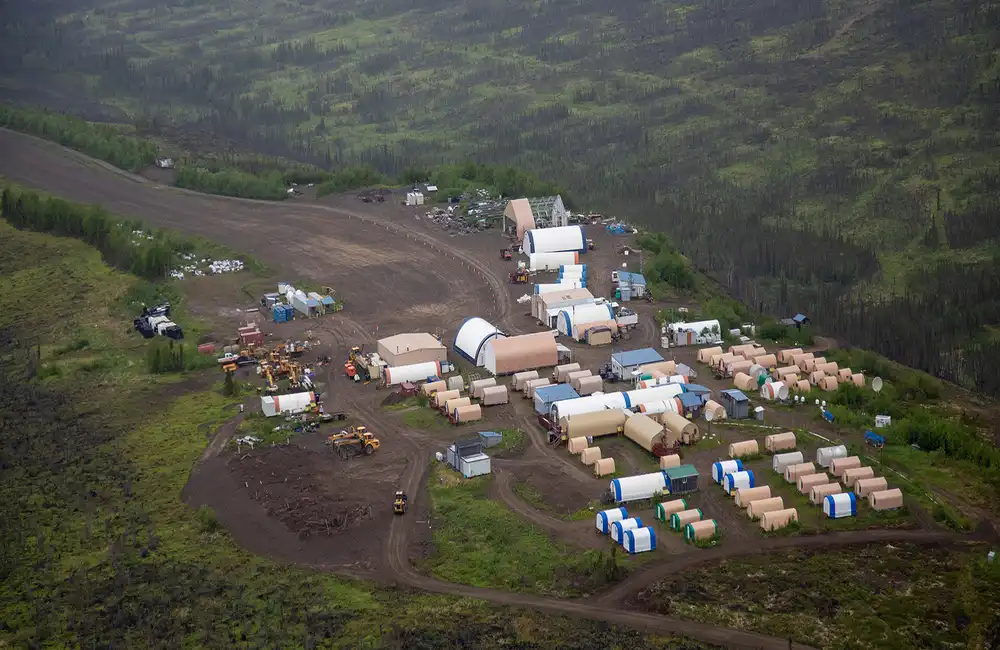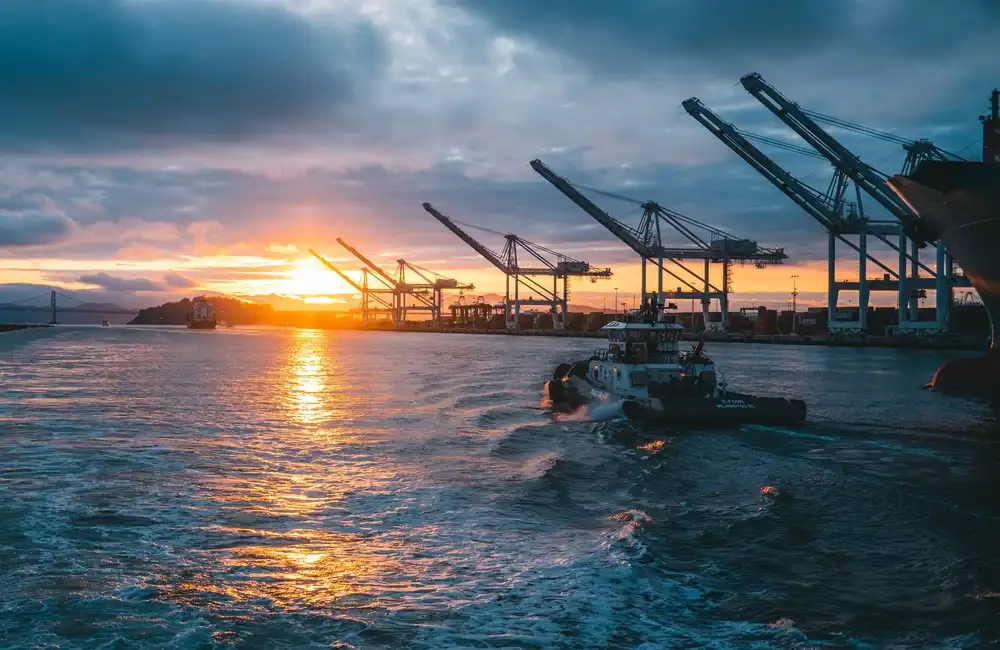By April 2025 the UK government began seeking a domestic purchaser for Pacific Ocean deep-sea mining exploration licences initially sponsored by UK Seabed Resources (UKSR).
The UK government's search for a domestic buyer for deep-sea mining licenses comes after Loke Marine Minerals, the Norwegian firm that acquired UK Seabed Resources in 2023, went bankrupt. The licenses give access to vital mineral resources needed for battery technology advancement but this development faces examination from both environmental and national security perspectives. This overview provides a comprehensive examination of the current situation alongside its possible effects on business operations.
Background on UKSR and Loke's Bankruptcy
The UK government's deep-sea mining exploration licence sponsorship originates from UKSR which began as a Lockheed Martin subsidiary and transferred ownership to Norway's Loke Marine Minerals in 2023. The International Seabed Authority (ISA) regulates global deep-sea mining activities under the UN Convention on the Law of the Sea and has issued two exploration licences to UKSR. These exploration licences aim to access ocean floor deposits that contain valuable minerals such as nickel, cobalt and copper.
Loke Marine Minerals which played a pivotal role in Norway's deep-sea mining ambitions filed for bankruptcy in April 2025. The ownership of UKSR and its exploration licences entered a state of uncertainty after the event. The UK government has taken steps to maintain domestic control over these licences to ensure protection of national interests.
National Security Under the Spotlight
The National Security Investment Act allows the Department for Business and Trade to examine licence transfers which adds to the high stakes. The government intervention legislation which enables governmental power to examine transactions presenting national security risks underscores the strategic value of critical mineral resources and their related exploitation infrastructure.
Through restructuring into a UK-based holding entity the UK government aims to maintain domestic control over UKSR's future operations. Experts believe this method indicates wider worries about the geopolitical dangers from international control over essential infrastructure and resources.
Deep-Sea Mining serves as an essential component within battery supply chains
Efforts to obtain essential minerals for battery manufacturing in electric vehicles and renewable energy storage systems lead the deep-sea mining industry. The rising need for clean energy technologies makes minerals such as nickel, cobalt, and copper essential while deep-sea deposits represent a new potential source.
The International Seabed Authority maintains authority over international waters operations and mandates state sponsorship for every exploration license. Both China and the USA have taken strategic steps in this industry to lead the competition for securing essential future resources. The UK maintains control over mineral resource licences as nations compete worldwide to achieve mineral self-sufficiency.
Environmental and Ethical Concerns
Potential ecological risks make deep-sea mining a contentious issue despite its valuable potential. Greenpeace among other environmental groups has issued warnings regarding irreversible damage to ocean life including undiscovered species from unregulated seabed mining operations. Critics maintain that the focus should be on recycling and remanufacturing existing mineral resources before exploiting sensitive deep-sea mineral deposits.
Some deep-sea mining critics entered the licence restructuring bidding process to demonstrate their opposition. Their involvement underscores the increasing conflict between natural resource exploitation and environmental conservation efforts.
Potential Buyers and the Way Forward
Multiple parties have shown their interest in obtaining the operations and licences of UKSR. The interested parties for UKSR’s operations comprise TechnipFMC which is based in the UK and specialises in offshore technology with an extensive background in subsea operations together with the founding members of Loke.
The UK government focuses on selecting buyers who demonstrate both extraction capabilities and ethical standards for responsible resource management. The UK government plans to safeguard national interests through restructuring operations within a UK-based holding company which will promote resource development and innovation.
The Bigger Picture for UK Investors
The UK government's efforts to keep these licences demonstrate their dedication to obtaining essential minerals needed for energy transformation. Investors should focus on the development of deep-sea mining operations worldwide because it will become an essential component of clean energy supply networks.
The industry's future path will be determined by ongoing environmental scrutiny together with changes in regulatory requirements. Organisations and governments will continue to face intricate problems while trying to meet resource demands and uphold ecological responsibilities.
Closing Thoughts
The UK government's search for a domestic buyer for the UKSR licences illustrates wider challenges present in the international competition for critical minerals. UK investors now face an opportunity to evaluate potential entry points in the changing industry landscape while also acknowledging the substantial ethical and operational hurdles they must overcome.
Successful navigation through these challenges demands careful evaluation of market potential alongside operational integrity within this dynamic sector.


















